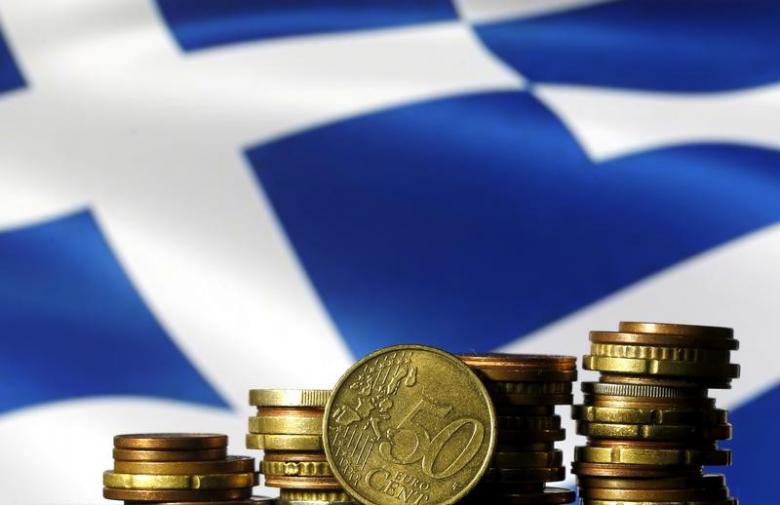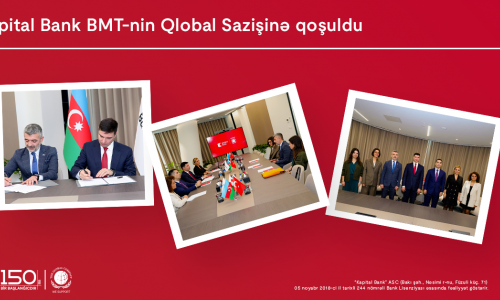Euro zone finance ministers agreed on Monday some debt relief for Greece but were divided on reforms it must undertake to reach fiscal targets, leaving it unclear if the International Monetary Fund will join the Greek bailout programme.
The 19 ministers of the currency bloc gathered in Brussels to discuss how far Greece has advanced with reforms needed for the release of the next tranches of loans in the up-to 86 billion euros (£72.7 billion) rescue programme.
They also wanted to convince the IMF to participate in the plan, the third one for Greece since 2010. The IMF says it can only do so if this will be the last bailout for Athens, and that would entail either debt relief or more reforms by Greece.
Ministers agreed to grant Greece short-term debt relief measures, to be applied before 2018, that could reduce the country's debt to gross domestic product ratio by around 20 percentage points in 2060.
But they did not agree with Athens how to implement various reforms, in particular an overhaul of labour market rules that would make it easier to fire workers.
Greek Finance Minister Euclid Tsakalotos said on leaving the meeting that calls for reforms had to take into account the political situation in the country, where Prime Minister Alexis Tsipras is increasingly unpopular after applying a range of austerity measures agreed with EU creditors.
The ministers also left open for now how long after 2018 they want Greece to maintain a primary fiscal surplus of 3.5 percent, a factor considered crucial by the IMF.
"We agreed the primary surplus (which excludes debt-servicing payments) goes up to 3.5 percent of GDP in 2018 and beyond for the medium term," the chairman of the meeting, Jeroen Dijsselbloem, told a news conference.
But he said ministers' views on the length of "medium term" ranged from three to 10 years, and they would seek a compromise on that only in 2018.
Talks to more substantially reduce Greek debt - at about 180 percent of GDP the highest in the euro zone - through an extension of maturities would not be held until 2018 either.
WINNING OVER THE IMF
The IMF believes that with the current set of reforms agreed with Athens, Greece will only reach a primary surplus of 1.5 percent of GDP in 2018 and, in consequence, the euro zone should grant Athens relief or demand more reforms.
By the end of the year, IMF staff were expected to recommend whether the Fund should join the latest bailout on the basis of a debt sustainability analysis, to be carried out after Greek reforms were agreed.
But Dijsselbloem said a deal on Greek reforms was now unlikely before the end of the year, effectively postponing the IMF decision.
Austria's Finance Minister Hans Jorg Schelling said the IMF would decide in the first quarter of next year whether to participate.
Germany, which wants the IMF on board for political reasons and holds national elections in late 2017, is set against any substantial debt relief before 2018.
"I think for Greece it is realistic that they should carry out reforms to make themselves competitive. It's about that, nothing more ... For Greece it is a long, hard road.", Germany's Finance Minister Wolfgang Schaeuble told reporters before the meeting.
Although Athens is not in immediate need of new funds, it is keen to reach an overall deal as soon as possible so that it can be included in the European Central Bank's bond-buying programme before this is overhauled in March.
It also fears that elections in Europe in 2017 may make debt relief less likely, if no decision is reached soon.
There is growing bailout fatigue among German voters, and Dutch elections in March might also unsettle the government there and push out finance minister Dijsselbloem, who is a key negotiator in the debt talks.
(reuters.com)
www.ann.az
Follow us !











